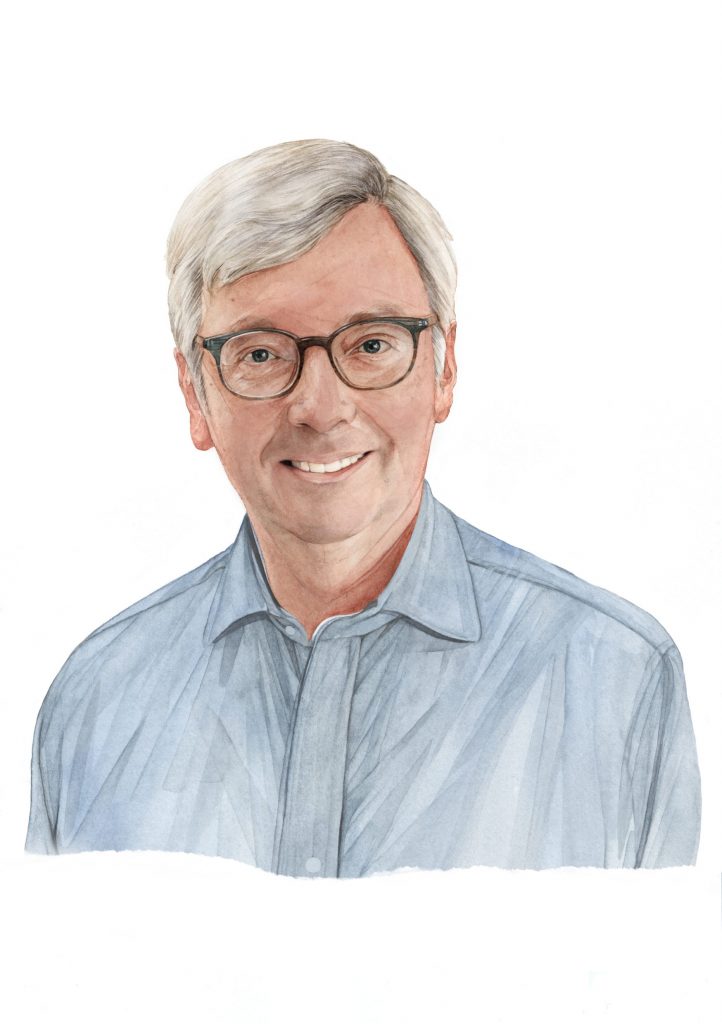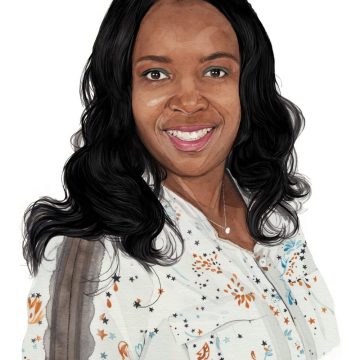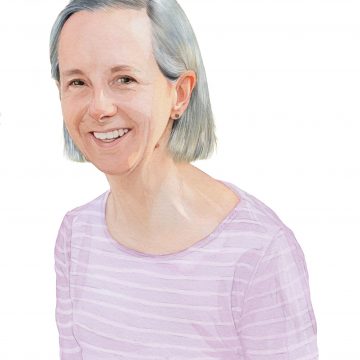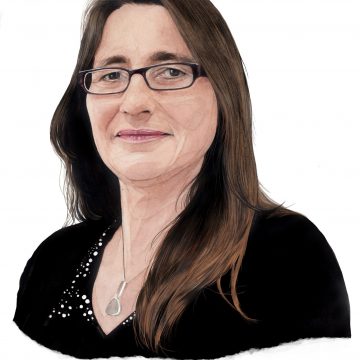Only by understanding our past can we shape our future
Research into the University’s historical links with slavery helps us to reduce inequality today, says University Vice-Chancellor Professor Stephen J Toope.

History is inescapable in Cambridge. I was moved to learn that the eldest daughter of Olaudah Equiano, former slave-turned-abolitionist, is buried in St Andrew’s Church, Chesterton. She was only four when she died in 1797.
Equiano’s memoir of enslavement was championed by Thomas Clarkson, whose effigy adorns St John’s Chapel. Inside the chapel is a statue of William Wilberforce, another St John’s alumnus, who steered the Abolition Act of 1807 through parliament.
Earlier this year, the University created an Advisory Group to commission and oversee research into its historical links to the slave trade and to other historical forms of coerced labour. Chaired by Professor Martin Millett, the group will set the parameters of the research, recruit postdoctoral researchers to carry it out, and support them in their work. They will consult and collaborate with experts across the collegiate University and beyond. The Advisory Group will engage with students, staff and a wide range of University societies. It will then report its findings and suggest ways of acknowledging the modern impact of our historical links to slavery.
One criticism levelled at this initiative is that it ignores the role played by some members of the University in slavery’s suppression. I disagree. Should justifiable pride in our alumni’s contribution to abolition, as expressed in my opening lines, prevent us from acknowledging that this was not the entire picture?
It has been suggested that, rather than ruminating on the past, the University should concentrate on solving current and future problems. If it was really interested in inequality, one commentator said, the University might focus instead on issues such as unconscious bias and racial profiling in the development of artificial intelligence. In fact, the Leverhulme Centre for the Future of Intelligence is already doing just that.
Commenting on the initiative, the Reverend Dr Michael Banner, Dean and Fellow of Trinity College, remarked: “Understanding the past and shaping the future are not necessarily separate projects.”
Indeed, the two projects cannot be easily disentangled, because a society’s historical baggage and its modern-day challenges are inextricable. As one of our earliest black students, Alexander Crummell, said: “We read the future by the past.”
Universities flourish when they embrace different world views, cultures and ways of looking at a problem
There is still an attainment gap in higherclassed degrees between white and black students. Although the gap at Cambridge, at around 14 per cent, is well below the national average, we need to understand what is happening and why. At the same time the Collegiate University is working hard to increase the numbers of students, teachers and researchers from black and ethnic minority backgrounds.
Universities flourish when they embrace different world views, cultures and ways of looking at a problem. The most successful universities gather talented students and staff without regard to social background, country of birth or religious upbringing.
When I was at the University of British Columbia, we struggled to be genuinely open to the experiences and insights of indigenous peoples. But that rewarding struggle ultimately helped to influence new (actually very old) understandings of dispute resolution and punishment for crime, to improve human interaction with the natural environment, and to develop plant-based treatments for some diseases.
The Cambridge context is different, but the need for an inclusive and diverse community is the same. I believe the University genuinely aspires to foster a community of learning that is as attractive to a talented working-class white boy from the north east, or a black girl from a large east London comprehensive school, or a student from a village in western China, as it is to a middle-class student from the home counties.
Cambridge can, at first glance, seem a forbidding place to people who are not familiar with its ways. Its beauty, its history and its traditions, treasured by so many of us, can paradoxically be off-putting to individuals who have grown up in altogether different circumstances. I should know – I was one of them when I came to Cambridge as a scholarship student.
Some may see an investigation into slavery as a form of unnecessary atonement. I take a different view. If we mean what we say about wanting Cambridge to be open and welcoming, we must ourselves be open to the complex realities of the past as well as the complex challenges of the future.







